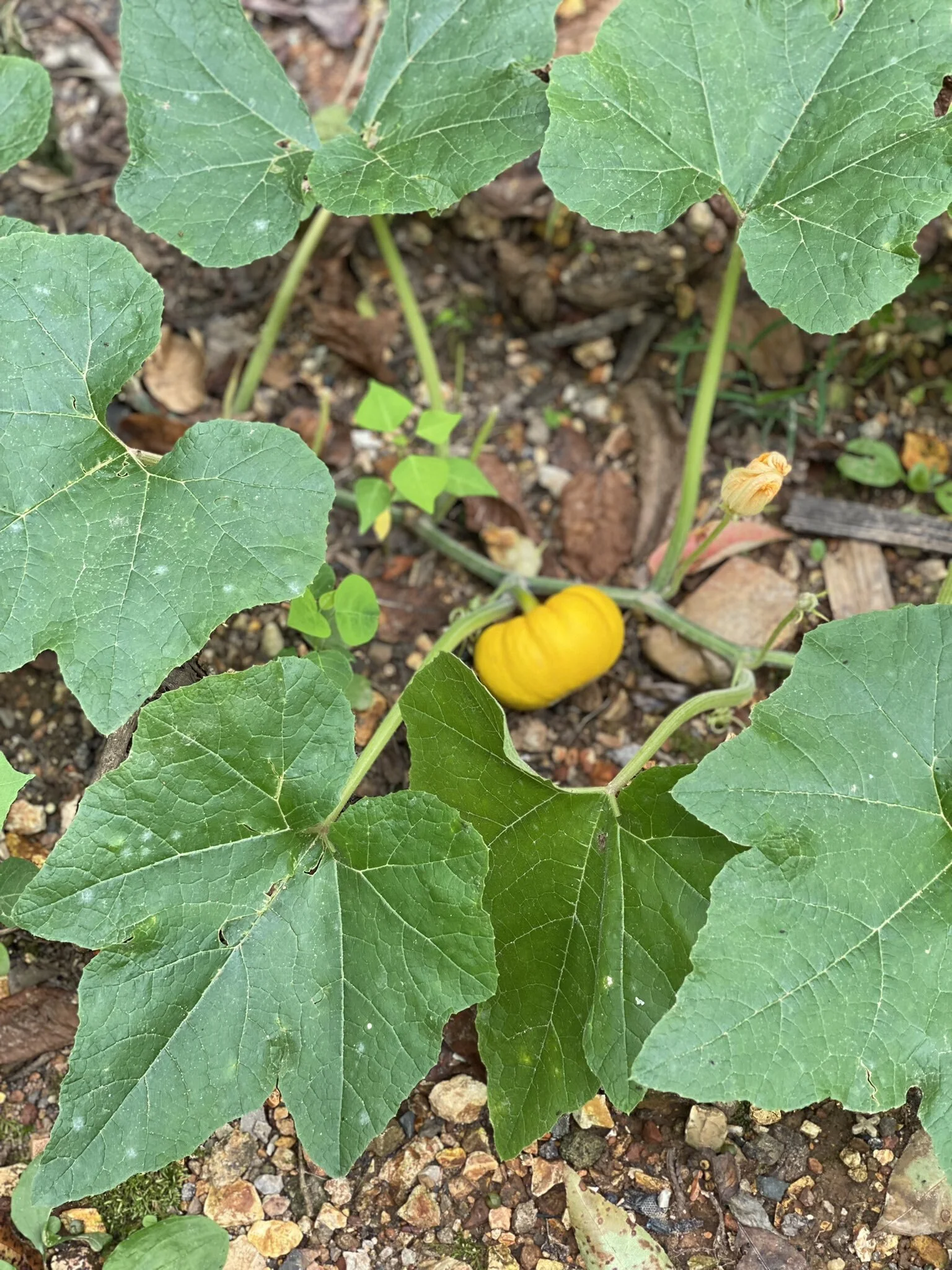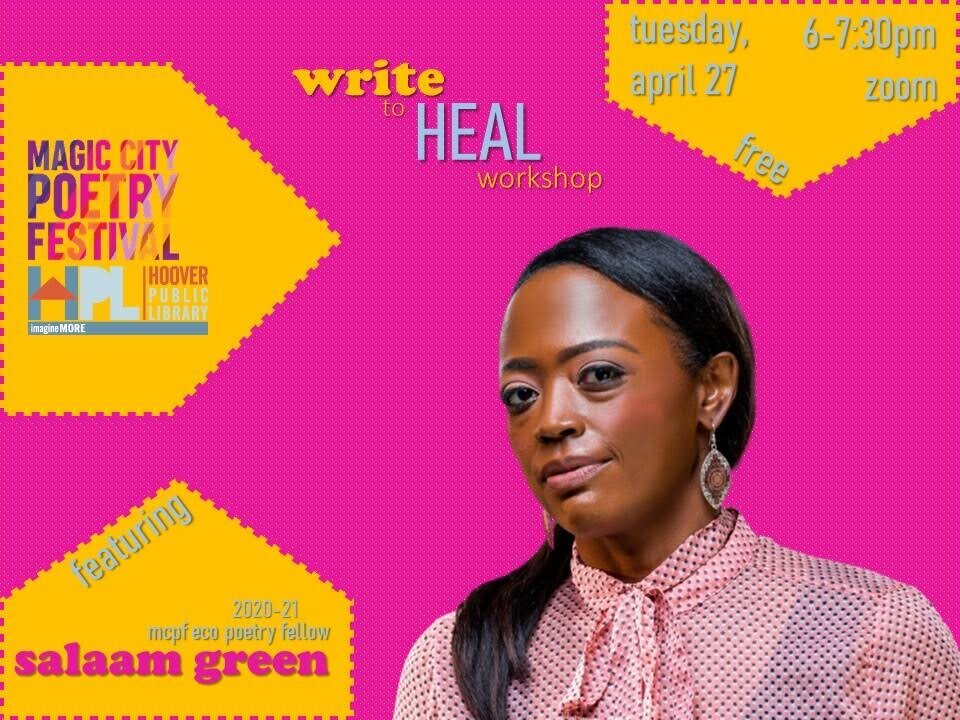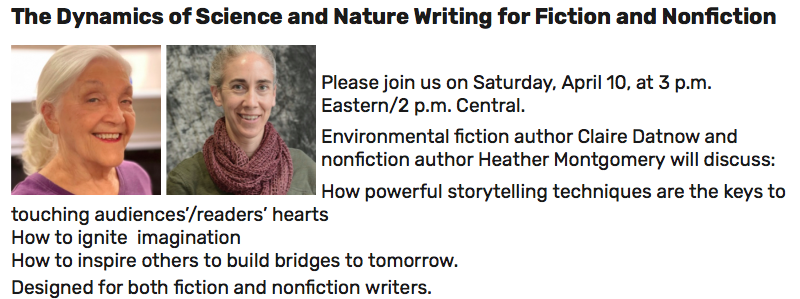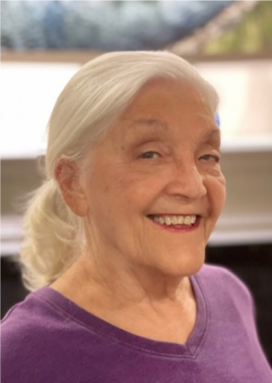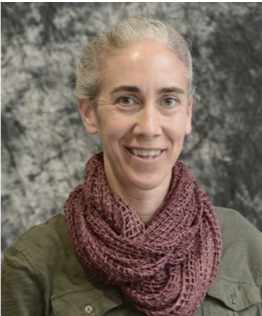Alabama writer Bradley Sides is set to have an exciting end to the year. His debut collection, Those Fantastic Lives: And Other Strange Stories, releases this October and has already earned some kind early notice, with Shaun Hamill, author of A Cosmology of Monsters, comparing Sides’ stories to “the best of Joe Hill and Ray Bradbury.”
Sides’ collection, containing monsters, ghosts, and aliens, is the ideal kind of book for readers to explore as they prepare for Halloween. I was recently able to ask Bradley about his interest in magical realism, his work as a fiction editor at a literary magazine, and, of course, his upcoming release of Those Fantastic Lives.
Alina Stefanescu: Those Fantastic Lives: And Other Strange Stories is full of magical realism and weird fiction stories. What draws you to the fantastic?
Bradley Sides: As strange as it sounds, I think it’s because of my childhood on a farm. I grew up surrounded by animals and quietness and the stars. I can remember being in my bedroom at night, and I’d, from the total silence, begin to hear bullfrogs warbling from the pond. When my father sold cows or separated the mother from her calves, there would be nights of crying. There’s a lot of room for an imagination to run wild with these kinds of happenings surrounding you, especially as you look up from your bed and see the clear, dark, sparkling sky and think about what else is out there—what else might be waiting to haunt you.
AS: As an early writer, did you already know this would be your space?
BS: Sometimes I wish I would’ve known earlier, but I didn’t. I spent some time working on southern stories and YA novels, but they never felt real to me. (I needed magic and the fantastic to find truth.) I’m grateful, though, that I was writing. I learned a lot from my early drafts; I realized what worked and what didn’t.
I was in my mid-twenties before I started really getting into magical realism short fiction—both as a reader and as I writer. When I finished my first magical realism piece (“Restored” at the end of 2013), I knew I’d found where I was supposed to be. All of the weirdness made me feel at home. It made me feel found.
AS: Title origins are interesting. How did you arrive at Those Fantastic Lives?
BS: Someone once asked me what I’m worst at in writing. My answer was simple: titles. I can’t begin to even guess how much time I spend on the titles I give my stories.
But back to your question. I had no idea what my collection was going to be called. Seriously. I was nearing the end of the collection’s cycle, so I knew I needed something. I was working on a story about a boy who wants to be a psychic like his grandmother, and I wrote a line near the end that I was really proud of. The titular phrase was in that sentence, so I titled that story “Those Fantastic Lives.” Even after I sat with it for a few weeks, it still felt right.
After the story came out, I realized that there are a lot of fantastic, magical lives in the other stories I had, so I went with it. I think it fits perfectly, and it’s the best title, I think, that I’ve ever come up with.
AS: Do you have a favorite story in the collection?
BS: “The Mooneaters” is the first story I wrote that made me feel like I could really write. I don’t know if it’s my favorite, but it was my first love. It’s special to me.
AS: For readers, what themes can they expect to see explored as they dive into your book?
BS: I’m a very large guy. I’m as introverted, though, as I am large. I oftentimes want to hide, but my body won’t allow it. I think this makes me naturally feel like a bit of an outsider. Like I don’t belong or something. I’m drawn to the idea of what it means to be different—to be different and to search for comfort that you’ll never find. So, that’s a natural pull for me. Growing up on a farm with lots of animals makes one reflect on loss, so that’s definitely in the book, too. I think, also, I’m interested in the idea of transformation. Flight. Escape. There are a lot of birds and wings in these stories.
AS: Here’s a tough question, but I’ll ask it anyway: Why do you write?
BS: I write because it’s the only tool I have to help me understand myself.
AS: I know you currently serve as Fiction Editor of Qu, which is the literary magazine put out by the MFA program at Queens University of Charlotte. What has that experience taught you?
BS: This experience, along with previously being an editorial assistant at Qu, has taught me more than I would’ve ever thought was possible. When I read through submissions, I see what works and what doesn’t. I see how important the beginning of a piece is. The whole experience makes me closely—very, very closely—observe my own writing. I look at my own stories now as not only a writer, but I also have the additional knowledge of reading like an editor. I would strongly encourage writers to read for a magazine if they can. What I’ve taken away is truly invaluable.
AS: I always love reading recommendations. What are some recent books you’ve enjoyed?
BS: My favorite books of the year are Kazuo Ishiguro’s Klara and the Sun, Andrew Siegrist’s We Imagined It Was Rain, and Becky Hagenston’s The Age of Discovery. Each one has a balanced and beautiful weirdness.
For books outside of my usual, two others I’ve enjoyed a lot are Cliff Garstang’s Oliver’s Travels, which is a humorous novel that looks deeply at memory and philosophy, and Margaret Renkl’s Graceland, At Last, which is a collection of deeply-felt essays about the complex and complicated South.
Bradley Sides' writing appears at Chapter 16, Chicago Review of Books, Electric Literature, Los Angeles Review of Books, The Millions, The Rumpus, and Southern Review of Books. He holds an MA from the University of North Alabama and is an MFA candidate at Queens University of Charlotte, where he serves as Fiction Editor of Qu. He lives in Florence, Alabama, with his wife, and he can be found on most days teaching creative writing and English in southern Tennessee. Those Fantastic Lives is his debut.








